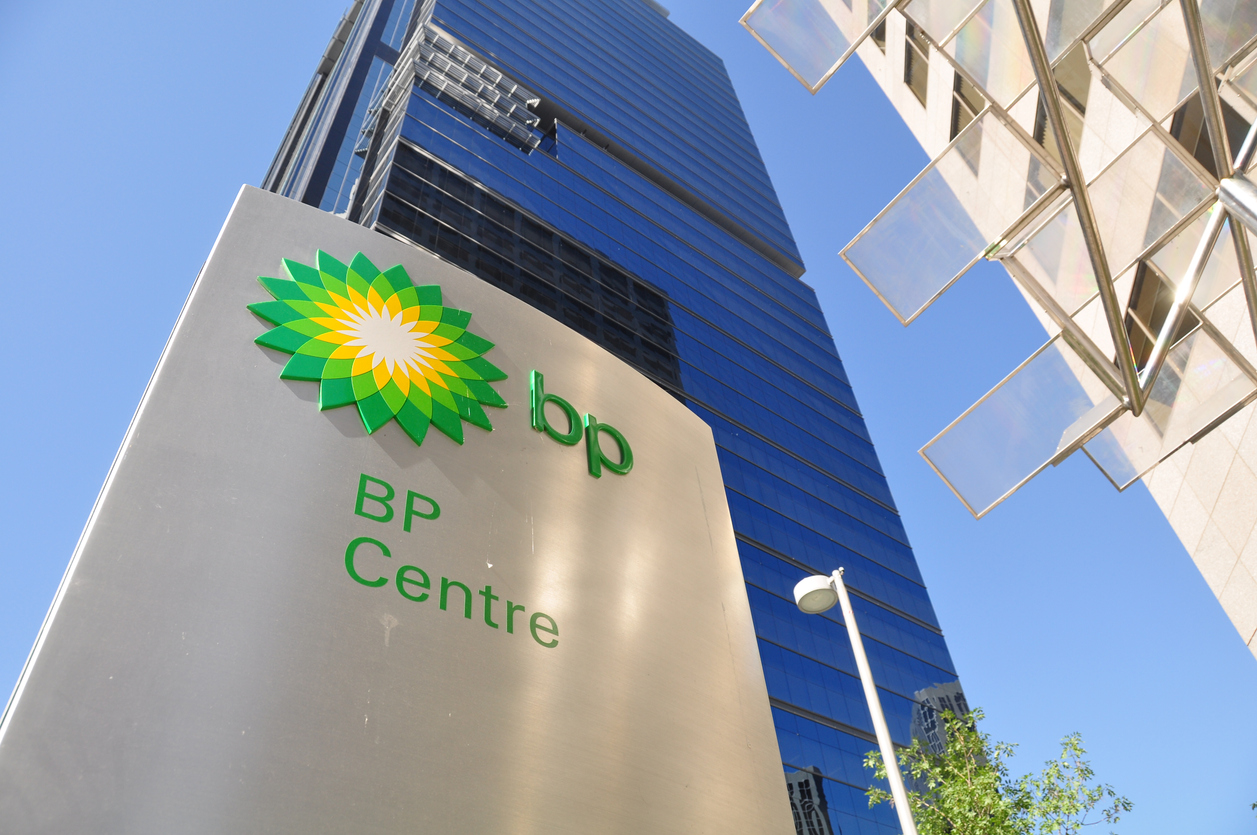In a mountingly cynical business environment, there is no faster route to success than to show your customers, employees and communities that you are serving them.
Sarah Rozenthuler, author of 'Powered by Purpose: Energise your people to do great work', shows CEO Today how the success of even multinational companies relies on the goodwill of their stakeholders.
How do you create a compelling and sustainable vision of the future? How can you create an inclusive workplace where each employee feels energised to do great work? How does your organisation create value as societal demands increase and a sustained pandemic takes hold?
Many CEOs are grappling with challenges such as these. Leadership is no longer about being the smartest person in the room but engaging a diverse range of stakeholders to serve the organisation’s beneficiaries.
Stakeholder engagement is a strategic activity. Leaders need to see the bigger picture, connect with people effectively and take "right action" even when that’s not easy. Pioneering CEOs are experimenting with new approaches and here are three insights emerging from their leadership.
Clarity and authenticity of purpose unifies and motivates stakeholders
When Bernard Looney became BP's new CEO in February 2020, his arrival heralded a new chapter for the 110-year-old company. Looney announced his ambition for BP to be a net zero company by 2050 along with a new organisational purpose.
Whilst BP has historically been about providing heat, light and mobility for its customers, stakeholder dynamics were putting pressure on re-visiting this purpose. In an interview for Fortune magazine (August 2020), Looney acknowledged that he’d become aware that two key groups of stakeholders – employees and investors – were "deeply perturbed" about the company being out of step with wider society.
Leaders need to see the bigger picture, connect with people effectively and take "right action" even when that’s not easy.
With rising concerns about climate change and environmental activists targeting BP, employees were becoming increasingly anxious about "their personal purpose being misaligned with our corporate purpose." Looney also observed, "The sense that investors were really beginning to push, and question our purpose, started to weigh on the financial performance of our sector." In addition, in June 2020, due to the economic fallout from COVID-19 and the plunge in oil price, the company had announced the need to make 10,000 people redundant.
The new purpose of BP – reimagining energy for people and our planet – emerged out of an in-depth engagement with their employees. Looney understood the need for his people to be on board to deliver BP’s new purpose and ambition. People feel valued when they’ve been included in the purpose definition process. When there’s a meaningful reason to exist, people feel that they belong. There is a then a flow of positive energy among people who align to provide goods and services which bring real benefits to others, including the organisation’s external stakeholders.
Looney also realised that words are not enough. If a new purpose is to be lived, not just espoused, actions are needed too. To demonstrate how serious they are about change, BP plans to reduce oil and gas production by 40% by 2030 and increase investment in renewables to $5 billion per year by 2030. The company has removed its support from three trade associations and halved the dividend so that they have the capital to re-invest in their future low-carbon energy business.
A fair exchange creates healthy stakeholder dynamics
At a time when many workers are feeling the pinch, companies who have implemented a fairer exchange – not just for owners, shareholders and investors but all around – have benefited. Successful stakeholder relationships mean successful business – and this calls for mutuality.
Healthy exchange has many different currencies – not just money – as Xero’s CEO Steve Vamos has demonstrated. As a highly successful tech company in New Zealand, the company has adapted to the pandemic not by cutting staff or furloughing them, but by flexing their business model and being more attentive to their staff’s needs.
At a time when many workers are feeling the pinch, companies who have implemented a fairer exchange – not just for owners, shareholders and investors but all around – have benefited.
Xero has allowed customers to downgrade or suspend their subscriptions until the pandemic passes. Although they’ve taken a financial hit, their subscriber base has grown by 26% to almost 2.3 million accounts, boosted by new customers looking for financial software services during lockdown. Whilst Xero’s long-term ambition stays the same – to be a global leader in accountancy services for small businesses – they’ve successfully pivoted short term to maintain positive stakeholder relationships.
For Steve Vamos, treating staff and customers fairly and taking care of their wellbeing is core to a successful business. Creating "psychological safety" where people feel able to speak up, give critical feedback and challenge ways of working is vital. The company has implemented a free telephone and online counselling service to help protect the mental health of staff, subscribers and their families – reaching up to 850,000 people.
When hard choices need to be made, prioritising people rather than making a profit through ruthless cost-cutting pays dividends. When people are treated badly, it’s a sure sign that that a company is on shaky ground. When staff, suppliers and other stakeholders are treated well, it points in the direction of sustainable success.
Engaging critical stakeholders reduces risk and leads to value creation
There are many definitions of a stakeholder. Mike Clayton in his (2014) book, 'The Influence Agenda', offers the following: Anyone who has any interest in what you are doing. A stakeholder could be an individual, a group, a team or another organisation. The word "anyone" encourages us to cast our net wide. "Any interest" suggests that they can be interested in what you are doing, how you are doing it or its outcome (intended or unintended.) It is also worth noting the alternative definition that Clayton offers, which is just as wide and just as true: a stakeholder is "anyone who can ruin your day"!
The Australian mining company Rio Tinto hit the news in September 2020 and revealed the risks of not engaging critical stakeholders. Although the company had the legal right to blast two sites to mine better quality iron ore and a mining agreement with the traditional landowners, the destruction of these two historic and culturally important sites led to a shareholder revolt.
[ymal]
The board’s decision to blow up the 46,000-year-old rock shelters, which were highly significant for the Aboriginal traditional owners, led to intense investor pressure for strong action. The CEO, Jean-Sebastien Jacques, stepped down along with two deputies. As socially responsible investing gains power, the actions of CEOs who ignore their impact on a local community and other key stakeholders are being increasingly scrutinised.
By contrast, the success story of bookshop.org shows the power of serving a wider array of stakeholders. Set up to be a socially conscious alternative to Amazon, the website allows readers to browse their local independent bookshop online. Booksellers have their own virtual shopfront and receive the full profit margin – 30% of the cover price – from each sale. Bookshop, who handle the shipping and customer service, started with 250 bookshops when they launched in the US earlier this year, and this rapidly grew to 900 stores. By June they sold $1 million worth of books in a day. The founder, Andy Hunter, attributes their quick and searing success to readers’ loyalty to their local bookstore.
Bookshop.org was created with the purpose "to benefit the public good by contributing to the welfare of the independent literary community." A compelling purpose, such as this, ripples out. When an organisation radiates positive energy, it attracts new customers, draws in interested investors and energises employees. In short, it serves its full ecosystem of stakeholders.











